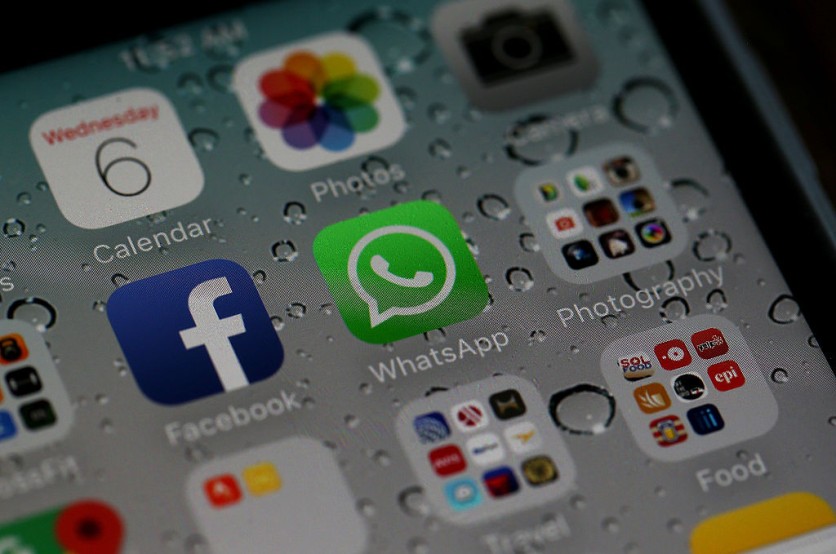Indian government looks to lessen AI misinformation within WhatsApp through a "controversial" law, revealing its first source ahead of the country's Lok Sabha elections in 2024, as reported by the Indian Express.
The government is believed to be in the process of sending an order to the messaging service under the Information Technology (IT) Rules. A provision was implemented in 2021, seeking the identity of the individuals who first shared the videos on the platform.
The order is proposed following various deepfakes of politicians that the government believes to be problematic and harmful to its upcoming elections.

A senior government official stated in the report that the reason for the possible controversial law is election integrity. The government was able to view deepfake videos showing leaders from several political parties that prompted them "to send a first originator notice to WhatsApp," according to the report.
Minister of State for Electronics and IT Rajeev Chandrasekhar stated in the report that the anonymity used by people to propagate fake videos and audio is a significant problem that a traceability provision can help in establishing some accountability and possibly stop the "practice." He also noted that the government will remain open to sending the order to WhatsApp.
India Draws Criticisms
BNN reports that the move has been criticized by privacy advocates, claiming that this action creates a dangerous precedent that might allow governments to snoop on citizens' private lives. On the other side, those in favor of the change stress the significance of responsibility.
The possible provision is supported by India's Information Technology (IT) Rules, which was previously challenged by various social media platforms, including WhatsApp, in 2021, when it was argued to be unconstitutional and a violation of the right to privacy.
WhatsApp further questioned the law and its requirement to reveal details of the originator by stating that end-to-end encryption and its advantages are "at risk" in India, considering the law's provisions.
Additionally, the challenge to the provision described it as "bad in law" that imposes "arbitrary, vague, and unreasonable" limitations on media freedom, thus undermining media independence.
India's IT rules are reportedly created to give internet users improved rights to have their complaints heard by tech companies and to make it simpler to identify and punish people who spread offensive content online.
IT rules merits were first described by IT and Communications Minister Ashwini Vaishnaw as a guarantee of a secure and responsible social media environment in India by empowering and safeguarding users.
AI DeepFakes on U.S.
AI deepfakes have long been a concern globally, not just in India, U.S. has also attempted at regulating AI misinformation before its elections by reminding Big Tech companies to ensure safeguards and policies are imposed.
Last October 6, it was reported by the Hindu following Google's declaration of new regulations on false political adverts created by AI, American senators have also asked Facebook, Instagram, and X to justify why they aren't following suit.
The letter to Mark Zuckerberg, CEO of Meta, and Linda Yaccarino, CEO of X expressed some of the lawmakers "serious concerns" about the rise of AI-generated political ads while requesting an explanation regarding any rules the platforms may be developing to limit the harms to free and fair elections.

ⓒ 2026 TECHTIMES.com All rights reserved. Do not reproduce without permission.




